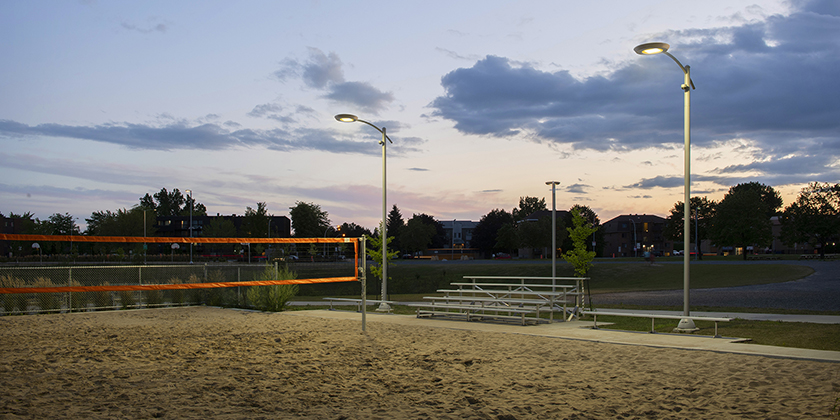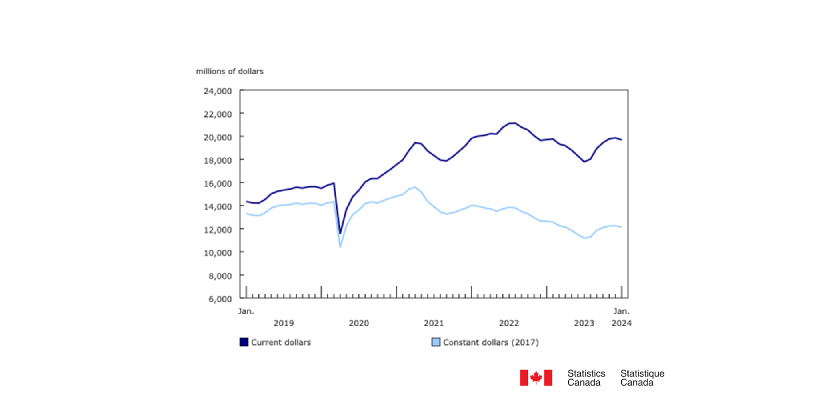Alberta Bidding Policy Ensures On-Site Training for Apprentices

Mar 13, 2018
Shown in photo: Minister Marlin Schmidt and Minister Christina Gray visit with mill work and carpentry students at the Northern Alberta Institute of Technology.
A new bidding policy for construction contractors will ensure apprentices receive work experience on all major Government of Alberta-funded infrastructure and transportation projects.
Proponents on large-scale, public infrastructure projects are now required to utilize apprentices in the 11 construction-related trades. The new policy, which took effect last month, requires apprentices to participate in major public projects valued over $15 million, or those that will require at least two years to complete.
In addition, sub-contracts of $500,000 or greater will also be required to comply with the new requirement and employ at least one apprentice.
The trades subject to the new requirement are carpentry, crane and hoisting equipment operations, electrical, elevator construction, gas-fitting, heavy equipment technician, ironworker, plumbing, refrigeration and air-conditioning mechanics, sheet metal and welding.
“Apprentices will tell you that real-world experience and mentorship are invaluable to their training and development,” says j’Amey Bevan, chair, Alberta Apprenticeship and Industry Training Board. “This is an important initiative that recognizes the value of supporting apprentices and apprenticeship training on publicly funded projects.”
As of December 31, 2017, there were about 50,000 registered apprentices in the province in more than 50 designated trades and occupations.
About 80% of an apprentice’s training is conducted on the job under the supervision of a certified journeyperson or qualified individual. Approximately 20% of an apprentice’s training is done in class or in a lab setting through an approved training provider.










![Guide to the Canadian Electrical Code, Part 1[i], 26th Edition – A Road Map: Section 10 – Grounding and Bonding](https://electricalindustry.ca/wp-content/uploads/2022/11/Guide-CE-Code-2.png)





